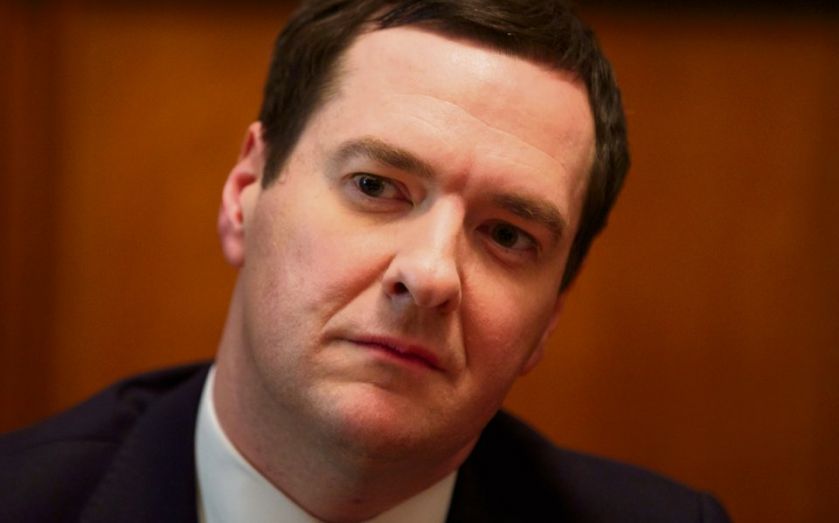Keep working until you’re 70, Osborne says

THE STATE pension age is set to rise to 70 after 2050, the chancellor will confirm in his Autumn Statement today.
George Osborne will set out his plan for a “responsible recovery” and announce that the state pension age will change to reflect increased life expectancy. Retirement age will now be set according to the principle that people should spend no more than one third of their adult lives in receipt of a pension. These changes are expected to save the government £400bn.
Under existing proposals the state pension age will increase to 66 by 2020 and 67 by 2028. Today’s announcement will see that increase to 68 by the mid 2030s and 69 by the late 2040s, with the age increasing again after that. The changes will mean that someone aged 40 today would retire at 68 and a person aged 30 would be working until they reached 69. Nobody over 50 will retire after 68.
A Treasury source said the changes form part of a plan to secure a long-term responsible recovery, adding: “It is a difficult decision to make sure there is a fair deal across future generations and that the country can live within its means. It will help make sure the country can offer people decent pensions in their old age in a way that with increasing life expectancy the country can also afford.”
But Tom McPhail, head of pensions research at Hargreaves Lansdown criticised the changes for being “too late and too slow.” McPhail added: “Given current low levels of private savings and improvements in life expectancy, it was unrealistic for those in their 40s and younger to expect that they wouldn’t see their state pension age rise again above 67.
“In reality, many in work today are already unlikely to be able to afford to retire until their 70s, irrespective of when their state pension falls due.”
Building on stronger OBR growth figures, Osborne will also use his Autumn Statement to announce that previous cuts to corporation tax could boost the economy by up to £15bn by 2020.
Changes to the headline rate – which next year comes down to 20 per cent – should add around 0.8 per cent to GDP over the coming seven years, Treasury analysis showed.